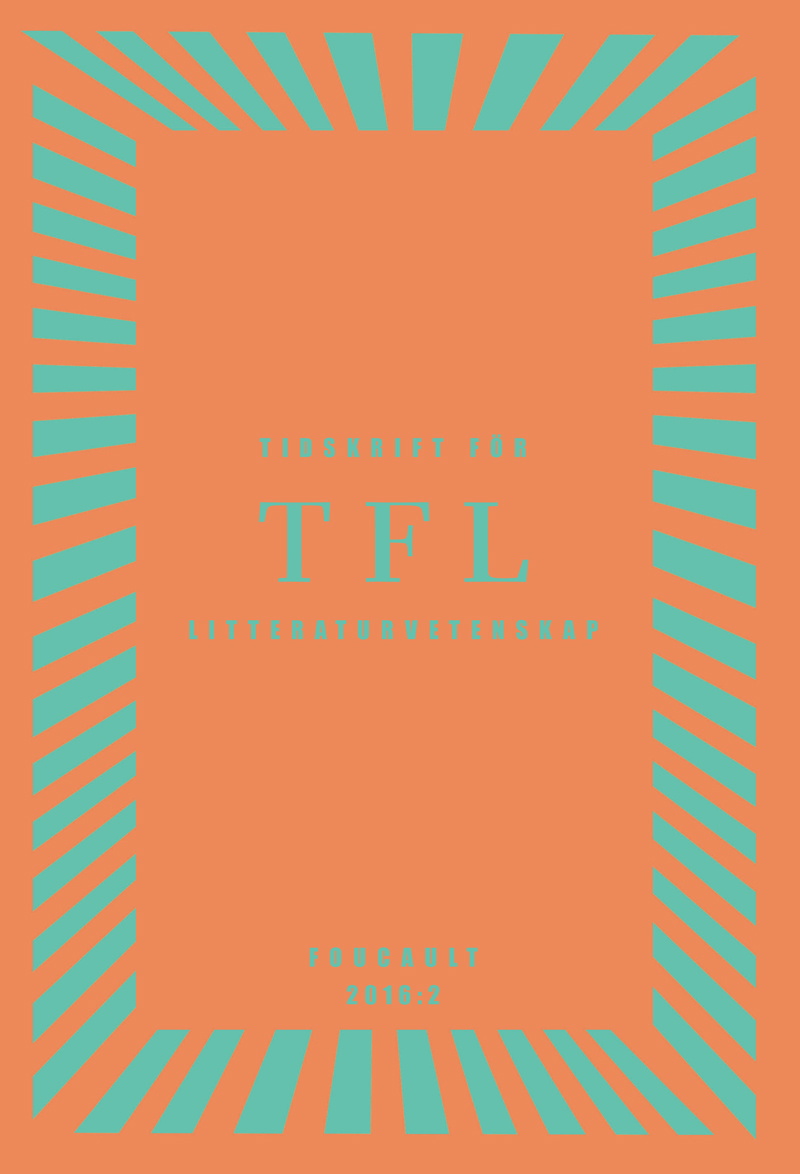Svetlana Aleksijevitj och den dokumentära rösten
Om lyssnandets etik och tilltalets dubbla botten i Zinkpojkar
DOI:
https://doi.org/10.54797/tfl.v46i2.8791Nyckelord:
Svetlana Alexievich, Svetlana Aleksijevitj, Zinkyboys, performativity, illocution, speech-act, documentary literature, ellipsis, Emmanuel Levinas, dialogue philosophy, ethicsAbstract
”To whom am I shouting? Who listens?”: Voice and Ethics in Svetlana Alexievich’s Zinkyboys
Few authors have engaged so intensively with the human voice as Svetlana Alexievich. In her interview books, the monologues of testimony run over hundreds of pages, completely dominating the narration. In Zinkyboys (1998) the technique of the interview-book attains perhaps its fullest realization: the interviewees’ speech seems to operate freely in quotations, without authorial comments, confirmations, or denials. But how shall we understand this ”pure” documentary voice? This article proposes a few basic theoretical starting points for the analysis of the production of voice and address in documentary literature, and aims to demonstrate how these aspects interact with textual ethics in Alexievich’s text. My perspective on documentary literature emphasizes performative and dialogical aspects, rather than questions of representation and fact-fiction dichotomies (formerly dominant focal-points of research on documentary literature). Utilizing a method that combines speech act theory and narratology, with philosophical thoughts on language and ethics presented by Emmanuel Levinas, the genealogy of the documentary voice may be discerned. Most important is how the documentary text proves to work on double grounds in the production of speech acts – utterances in the real situation/event (which precede the text) negotiate with an overall form of address that the literary work connotes. Zinkyboys and its quotations manifest the performative of ”the saying” in a way that corresponds to an ethical responsibility in the text. As an illustrative example, this article analyses Alexievich’s frequent use of the ellipsis (three dots), a strategy that, in this documentary context, constitutes what might be termed a ”principle of amplification”.
Nedladdningar
Downloads
Publicerad
Referera så här
Nummer
Sektion
Licens
Författaren/författarna behåller copyright till verket






